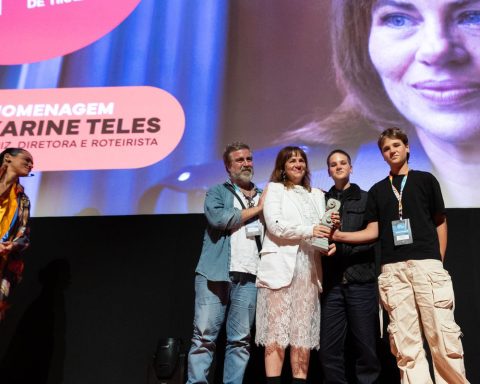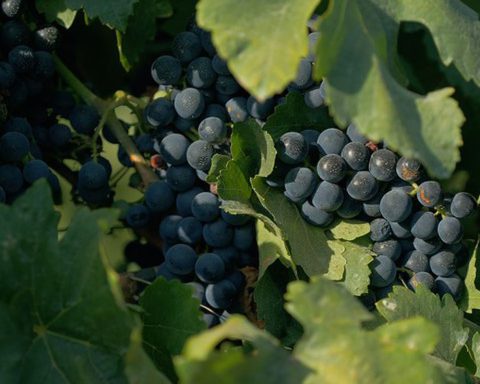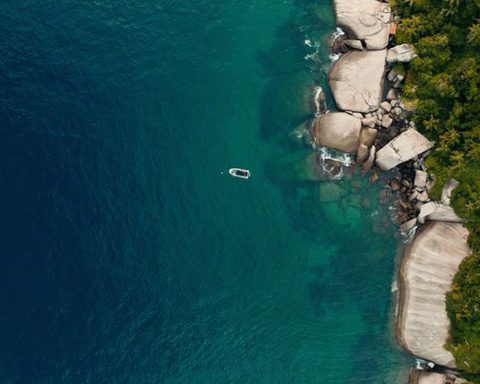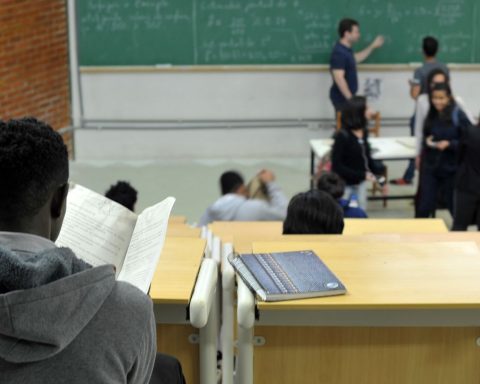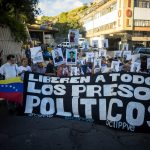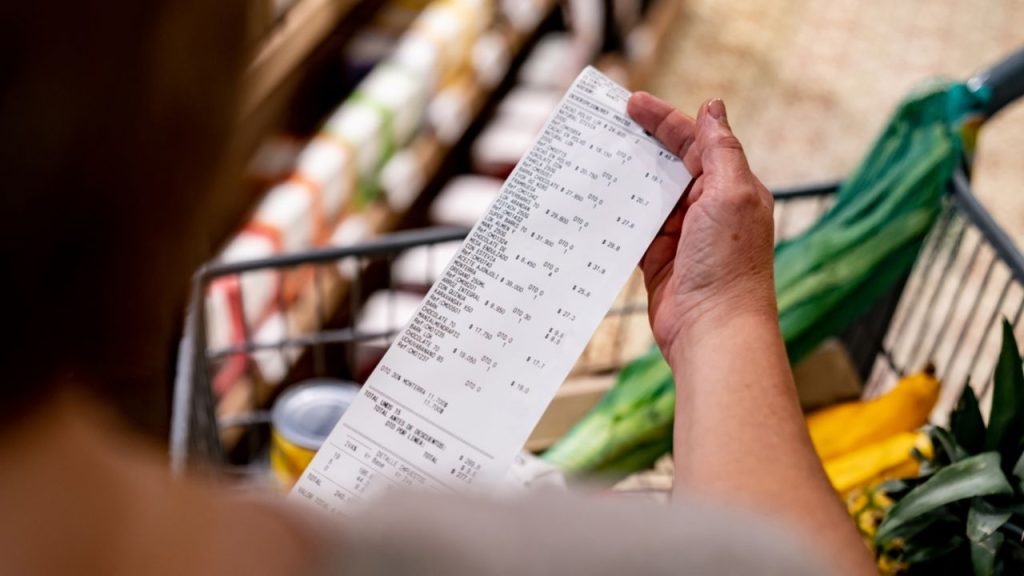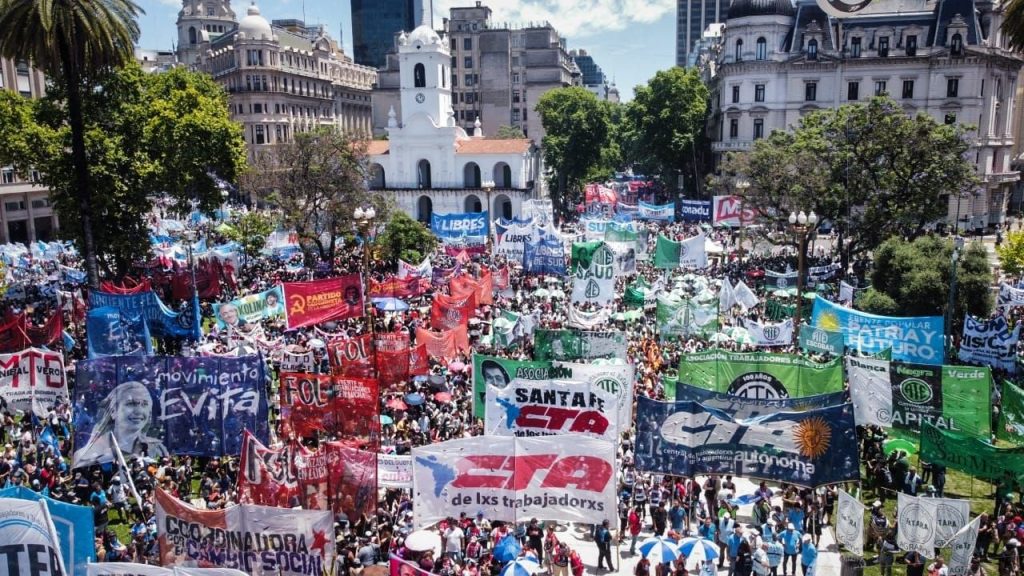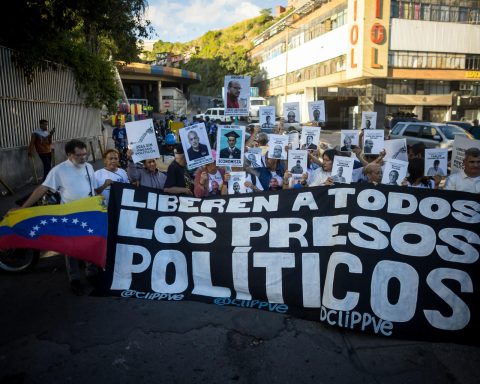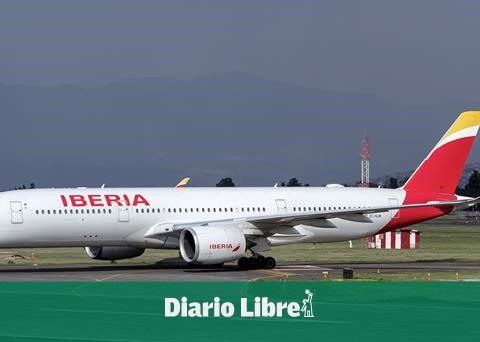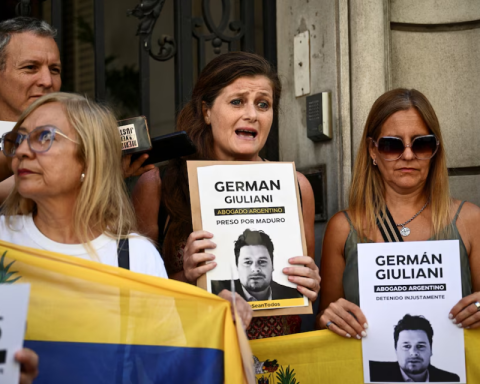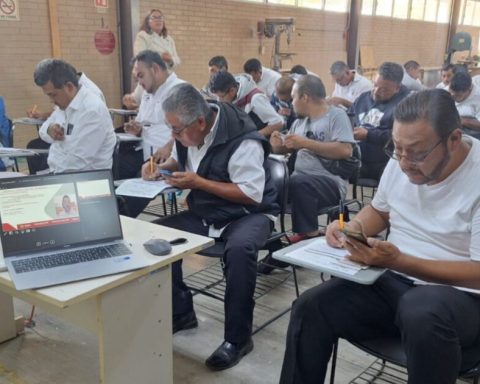With the experience of having participated in the early days of negotiating the integration agreement between Mercosur and the European Union (EU), retired diplomat José Alfredo Graça Lima believes that one should not talk about free trade. He points out that there are different types of merchandise that will have import and export quotas.

“An agreement on these bases cannot be considered free trade,” he said in an interview with Brazil Agency this Friday (6). “The treatment given to the agricultural sector is different from the treatment given to industrial goods, for which, in the case of the European Union, tariffs are already quite low,” he added.
At the same time, he expresses skepticism about the possibility of disseminating European electronic products across the Brazilian market. “Europe is very uncompetitive compared to China. So, even if this agreement between Mercosur and the European Union comes to fruition, there should not be major changes in the supply of European imported products in Brazil.”
Between 1998 and 2002, Graça Lima held the post of Under-Secretary-General for Integration, Economic and Foreign Trade Affairs at the Ministry of Foreign Affairs. At the time, it was up to him to lead bilateral, plurilateral, biregional and multilateral trade negotiations between Brazil and Mercosur. The first talks with the EU began in 1999.
Upon leaving his post in 2002, Graça Lima was appointed permanent representative of Brazil in the European communities, staying in Brussels (Belgium) for four years. Thus, he continued to be involved in negotiations on the agreement until 2006. Currently, he is vice-president of the Board of Trustees of the Brazilian Center for International Relations (Cebri), a think tank independent organization created to contribute to the discussion of the country’s international agenda.
The conclusion of the agreement between Mercosur and the EU was announced this Friday (6), after more than two decades of negotiations that faced successive obstacles, involving, for example, environmental issues and agricultural protectionism. The objective of the negotiations was to reach a consensus around measures to facilitate access to strategic markets, reducing tariff barriers and creating a more favorable environment for investments and commercial exchanges.
The announcement took place in Uruguay, during the 65th Summit of Mercosur Heads of State. As announced by the Brazilian government, Mercosur is committed to broad tariff liberalization, affecting product baskets immediately or linearly over periods that vary between 4, 8, 10 and 15 years. The EU would have presented an even more comprehensive scope. According to the Brazilian government, only a very small portion of the goods will be subject to quotas or other non-tariff treatments.
Special conditions were negotiated for the automotive sector. The effects will be gradual for electrified vehicles, powered by hydrogen and new technologies, with deadlines set at 18, 25 and 30 years, respectively. Specific rules were also defined for other goods, such as critical minerals, which are considered fundamental for the energy transition. The agreement allows Brazil to apply restrictions on exports of these minerals if it deems appropriate, but the rate applicable to the EU must be lower than that applicable to other destinations.
Graça Lima sees little ambition in some mechanisms of the agreement. “I would say that the result has more impacts from a political-institutional point of view than from the point of view of market access. There are no spectacular gains. Take the treatment of automobiles, for example. They will only be liberalized in 18 years. There are elements within the agreement that are very unambitious.”
Procedure
Although negotiations have been concluded, the measures will not come into force immediately. The agreement still needs to be ratified internally by the Congress of each Mercosur nation. Furthermore, it must be approved by the European Parliament and the Council of the European Union, where it can be blocked by four opposing countries that account for 35% or more of the bloc’s population. There is no deadline for completing this process. The French government has already announced that will work against the agreement.
“Some European countries led by France were never happy with the proposal, no matter how restrictive it was. We are not talking about free trade. We are talking about administrative trade. When you have quotas, you have quantitative restrictions. And even within the quotas, you have tariffs”, says Graça Lima.
He explains that there is pressure from French farmers, who fear they will not be able to offer minimally competitive prices in the face of foreign competition. In this scenario, the diplomat points out that there is a political discomfort, a social discomfort and an electoral discomfort that challenges the government of the European country. “Although it may have benefits in relation to industrial products, France is openly opposed to the agreement because of agricultural trade.”
According to Graça Lima, it is a similar situation to 2019, when the parties also announced that they had reached a conclusive text. Subsequently, however, the countries expressed resistance to moving forward with the agreement. Amid the increase in deforestation in the Amazon, Europeans began to claim, for example, that broader environmental commitments from Mercosur members were necessary. Discussions resumed in 2023.
According to the president of Brazil, Luís Inácio Lula da Silva, the new agreement is “very different” from what was announced in 2019. He stated that the previous government, led by Jair Bolsonaro, had agreed to conditions that were “unacceptable”.
“We managed to preserve our interests in government purchases, which will allow us to implement public policies in areas such as health, family farming and science and technology. We extended the opening calendar of our automotive market, safeguarding the capacity to promote the industrial sector. We created mechanisms to avoid the unilateral withdrawal of concessions reached at the negotiation table”, highlighted Lula.
For Graça Lima, it will be a challenge to ensure that the agreement contributes to improving the living conditions of the poorest populations in Mercosur countries. “A possible result could be a reduction in the prices of cheese and wine that France exports to Brazil and Mercosur countries. But how does this benefit low-income consumers?”, he asks.
*Vitor Abdala collaborated.

